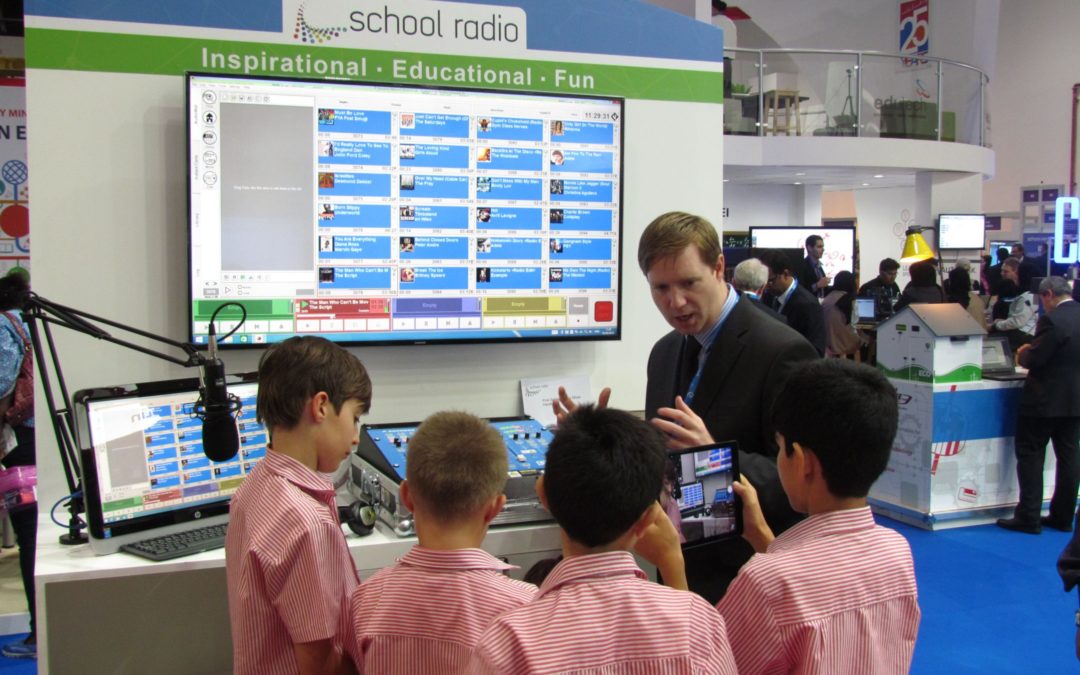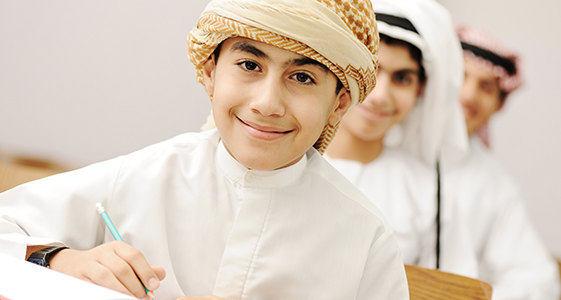
EDUCATION SYSTEM IN THE UAE: REVISITED

His Highness Sheikh Zayed Bin Sultan Al Nahyan believes that the youth is the true gem of the nation. Hence, numerous education-related undertakings were launched for the steady development of the education sector in order to produce a generation that will be competent to offer indispensable contribution to the country’s growth.
Today, education is universally offered for both primary and secondary level and is mandatory until ninth grade. The country’s K-12 education system consists of primary, middle or preparatory, and secondary schools. The pre-school or kindergarten is offered to children of ages 4 to 5. The Basic Education covers the Primary (Grades 1-5) and Preparatory (Grades 6-9). The Primary education, which is from age 6 until age 11, focuses on learning basic skills on literacy and numeracy, and covers subject areas on Arabic and English languages, sciences and mathematics. In the Preparatory program, which is from age 12 to 14, students are being geared up for secondary education catering to students aged 15 to 17. Once the students finished the general or technical secondary levels and passed the general exam, they receive a certificate that enables them to pursue higher studies in a university.
Public schools are subsidized by the government of UAE for its nationals and the curriculum is framed to align with the country’s developmental objectives and principles. Children who are non-UAE nationals can also study in public schools as fee-paying students. More than 40% of students study in private schools. Many of these private learning institutions offer education for expatriates and aim to follow the curriculum and preserve the culture of the students’ respective countries.
Despite the big leap that the education sector has achieved over the years, the nation continuously aims to attain higher standards in education to become the best in the world. In fact, the UAE Vision 2021 National Agenda highlights the crucial importance of developing a topnotch education system with one of its objectives as equipping all students and schools with Smart systems and devices to be used in all teaching methodologies, research and projects. Moreover, substantial efforts will be devoted in promoting and supporting preschool enrollments which has an imperative influence in shaping the youth’s character and future. The National Agenda also aims for the students to be one of the world’s top performers when it comes to reading, science and math exams, as well as to have a solid knowledge in speaking the Arabic language. It also aspires for all schools to achieve outstanding leadership and to have teachers who are internationally qualified.
In this perspective, The Knowledge Hub is ever ready to be the stimulus for this transformation and offer valuable resources to realize such goals. Being one with the nation’s mission to incessantly uplift the quality of education, we are certain that our burning passion as an advocate of 21st century learning will never fade, but will glow even brighter.













Recent Comments